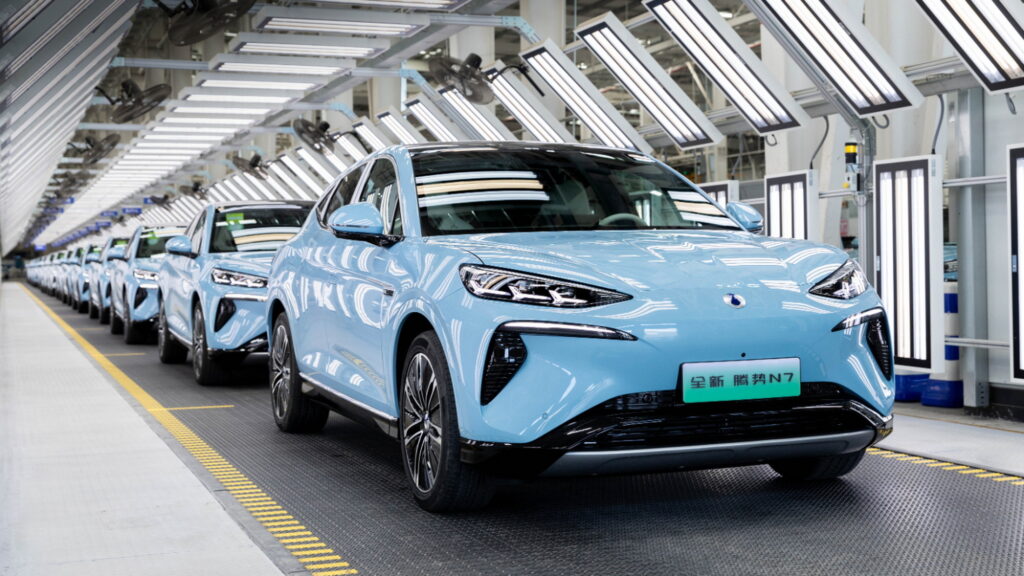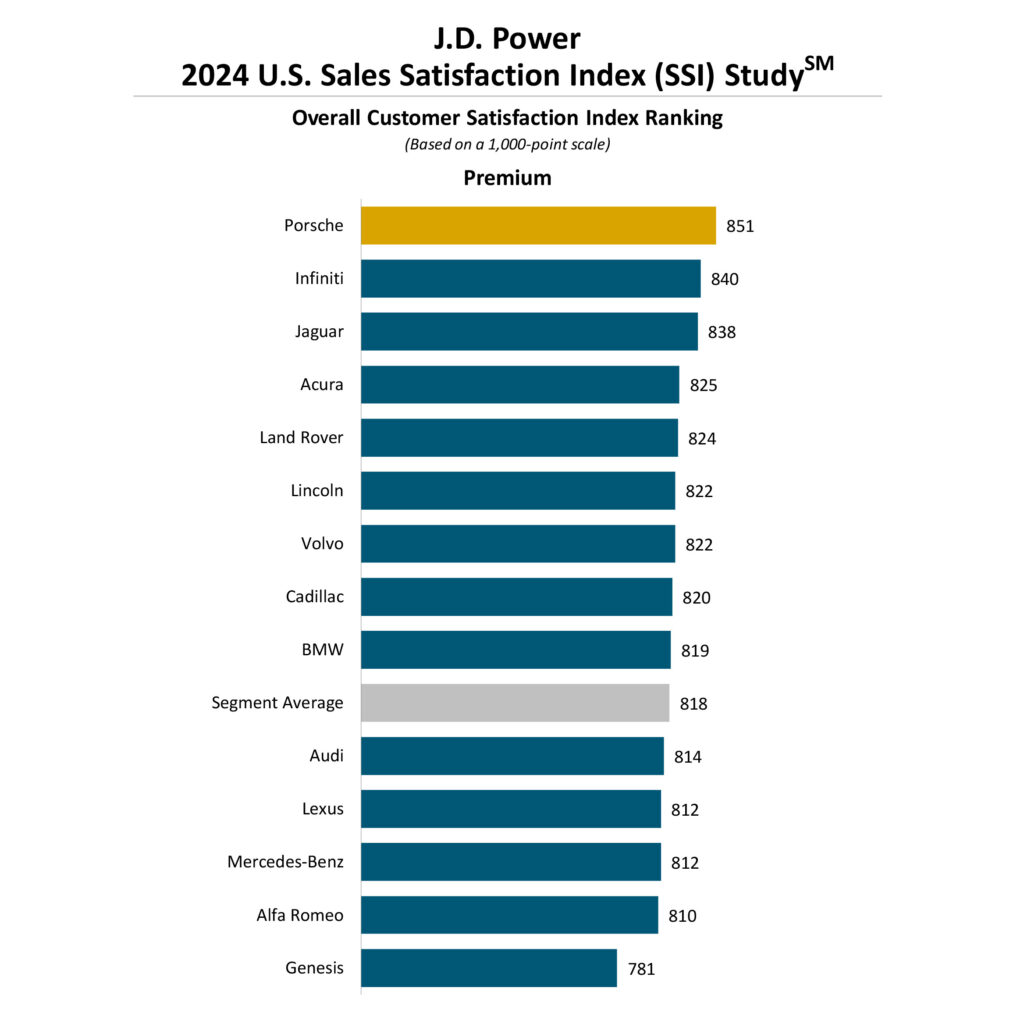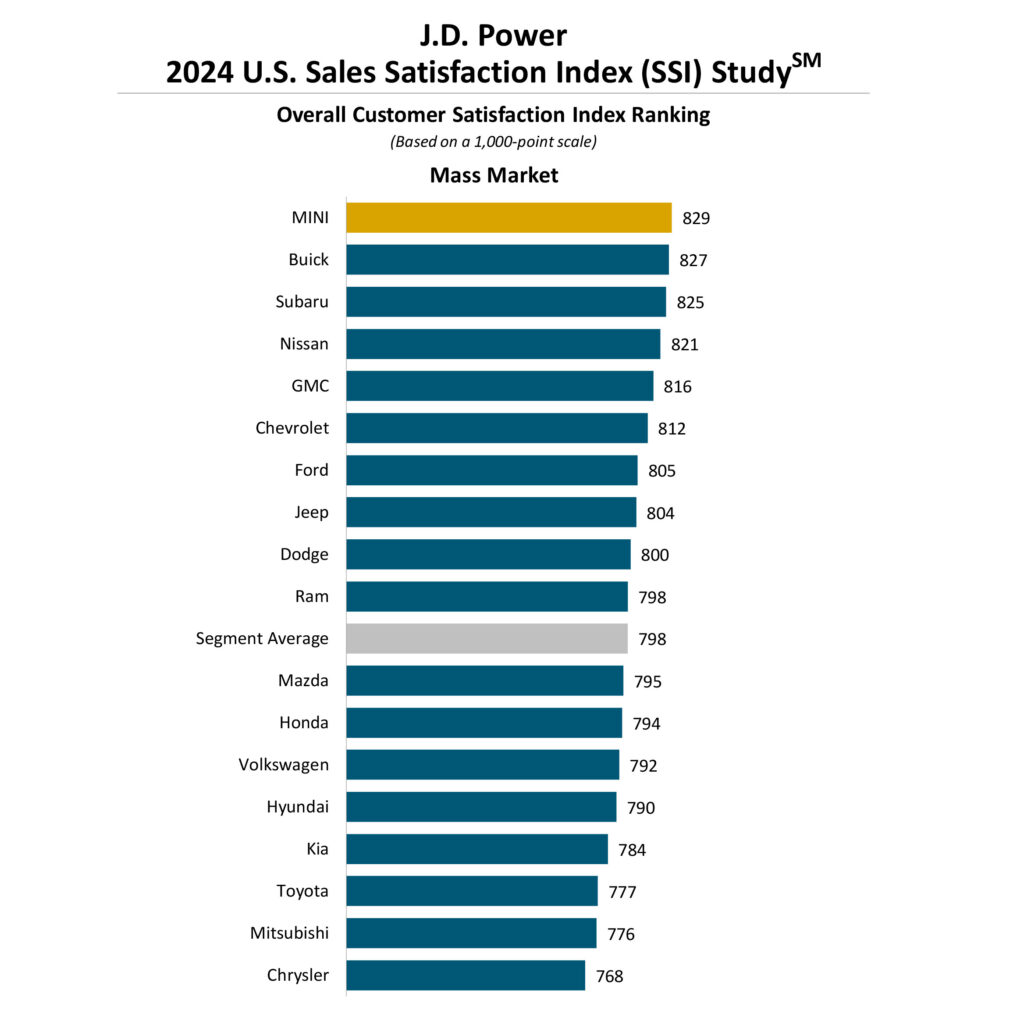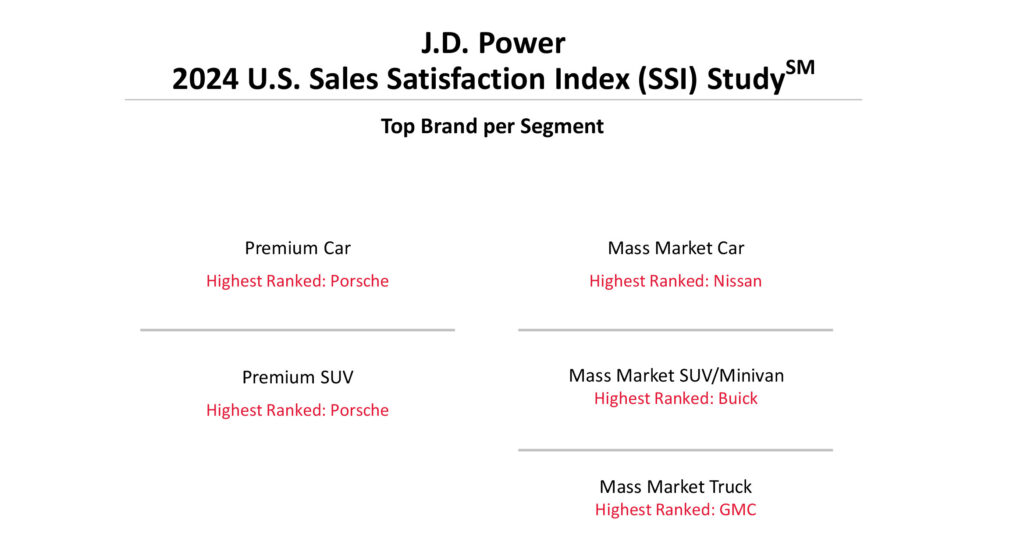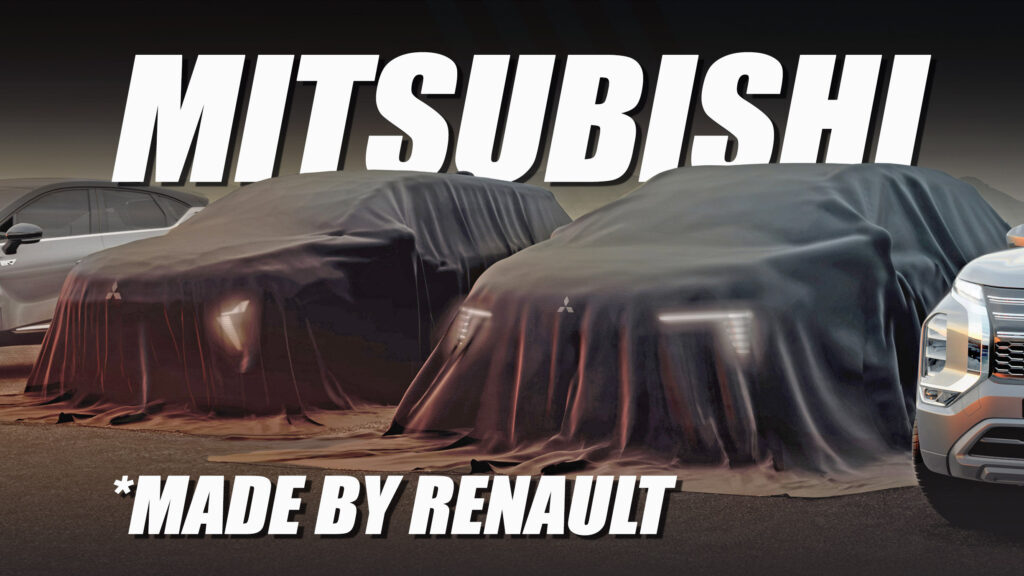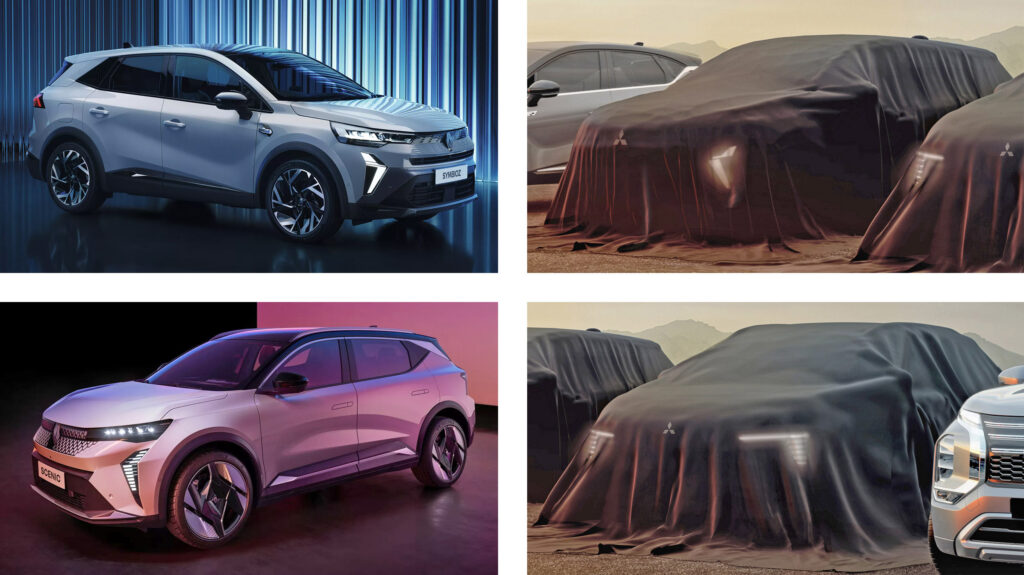BYD Is A Human Rights Villain, New Study Claims

- BYD has been named and shamed in a study looking at human rights violations in automotive supply chains.
- Amnesty International’s Recharge for Rights report also claims Mitsubishi and Hyundai could do more to protect indirect workers.
- BYD refused to disclose where it gets its cobalt from, with Mercedes showing the most transparency.
BYD makes more EVs than anyone, and it makes them for less money than most Western automakers can comprehend. But there is a cost, and it’s being paid by the workers in its supply chains, according to a new report investigating human rights risks in the EV industry.
Amnesty International’s Recharge for Rights study ranked 13 automakers according to how they address human rights risks in their mineral supply chains. BYD came bottom with a score of just 11 out of a potential 90 points, with Mitsubishi not far behind on 13 points.
Related: Microsoft’s AI Helps Find Promising New Battery Material With 70% Less Lithium
Hyundai (21), Geely and Nissan (22 apiece) came out looking like bad guys but Tesla (49) and top-rated Mercedes (51) performed far better. Not that even Benz’s score was enough to please the Amnesty investigators, who suggest that only a total of 68 points or more shows an adequate commitment to human rights issues.
Although EVs don’t produce tailpipe emissions, their batteries need huge quantities of minerals like lithium, nickel, and cobalt. And while many of us are aware of the environmental damage caused by mining lithium, Amnesty International says the cobalt mining industry is ripe for the abuse of workers, some of whom in countries like the Democratic Republic of Congo, which generates 25 percent of the world’s supply, are children.
BYD was marked down for refusing to reveal the name of the smelter, refiner, and mine that supply its minerals, but Geely, Hyundai, Mitsubishi, and GM were all guilty of a lack of transparency. In contrast, the best-rated brands were able to provide supply-chain mapping.
Human rights score
| Automaker | Score out of 90 |
| Mercedes | 51 |
| Tesla | 49 |
| Stellantis | 42 |
| VW | 41 |
| BMW | 41 |
| Ford | 41 |
| GM | 32 |
| Renault | 27 |
| Nissan | 22 |
| Geely | 22 |
| Hyundai | 21 |
| Mitsubishi | 13 |
| BYD | 11 |
“As the global transition to electric vehicles gains momentum, drives global competition and allows for huge profit, Amnesty International is calling on all car makers to improve their human rights due diligence efforts and bring them in line with international human rights standards,” said the organization’s Agnès Callamard.
The need for automakers to prove the origins of their batteries’ minerals to be eligible for EV credits has improved transparency, Wired notes. And there are steep fines (and market access restrictions) awaiting companies who flout rules governing supply chain welfare contained in the Corporate Sustainability Due Diligence Directive that came into force in Europe this summer.
But Callamard believes there’s more to be done.
“Those lagging behind need to work harder and faster to show that human rights isn’t just a fluff phrase, but an issue they take seriously,” she says. “It’s time to shift gears and ensure electric vehicles don’t leave behind a legacy of human rights abuses – instead, the industry must drive a just energy future that leaves no one behind.”
